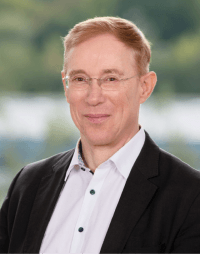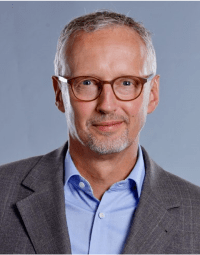


In my view, focusing on quality assurance in the organization of continuing education is in the nature of things. Our continuing education courses are intended to help physicians and other health care professionals acquire new skills and knowledge. Of course, the training itself must be constantly questioned, updated and improved – only then can it do what it is intended to do.
On the content side, the permanent updating of training courses must be guaranteed. To this end, solid processes of information acquisition and knowledge management must be established. On this basis, each training course is completely revised at regular intervals – but in urgent cases, of course, also on an ad hoc basis.
The organizational side is at least as crucial for customer satisfaction. The most important key to this is feedback. After each training course, we conduct surveys among the participants in order to eliminate weaknesses in the process and service and to obtain suggestions for improvements. These surveys are recorded quantitatively and qualitatively at regular intervals. Our team then conducts an intensive discussion process to determine which improvements would benefit the most training participants. We implement these – and are thus able to continuously improve our training courses for customers.
For many years, we have been a member of the umbrella organization of executive associations in Germany – ULA, United Leaders Association. Our members benefit at the same time from the services of the ULA. New in the offer:
More info: Membership


As a result of demographic change, changing patient expectations and other priorities of the generation now entering the workforce, the shortage of skilled nursing personnel is increasing and is reaching serious levels in many institutions, leading to poorer quality care provided by temporary staff, closure of wards, postponement of operations and chronic overwork of existing staff.
This increasing shortage of nursing staff is to be countered with a professionalised and institutionalised programme for the temporary deployment of foreign (non-EU) nursing staff. Nurses trained abroad come to the country with sufficient knowledge of German and different levels of performance and qualifications, are deployed accordingly and receive targeted further training according to German standards. A structured return procedure is then carried out according to a defined time frame, creating a „triple win“ situation for the nursing staff, the sending country and the German institutions providing care.
Together with the health economist and Philippine expert Prof. Dr. Dr. rer. pol. Konrad Obermann and the personnel and management expert and institution developer Prod. Bernd Glazinski, M.A. has developed a detailed concept which, in cooperation with German specialist clinics, aims to bring the first specialists to Germany within 18-24 months.
A few more institutions and hospital management companies can participate if they are interested.